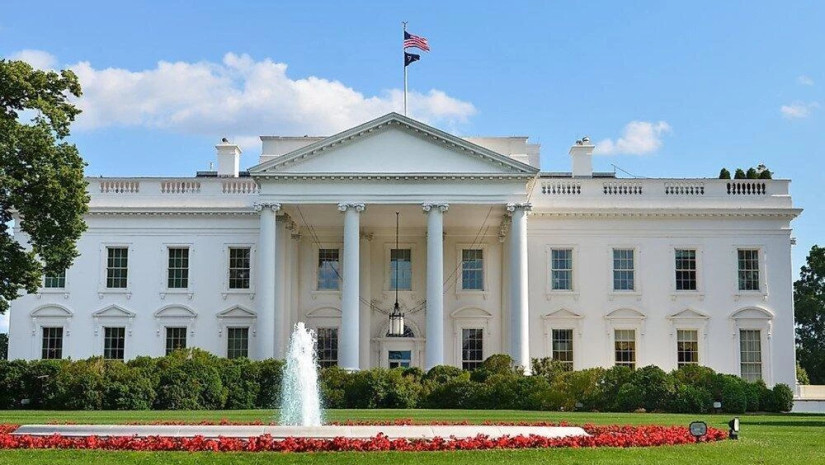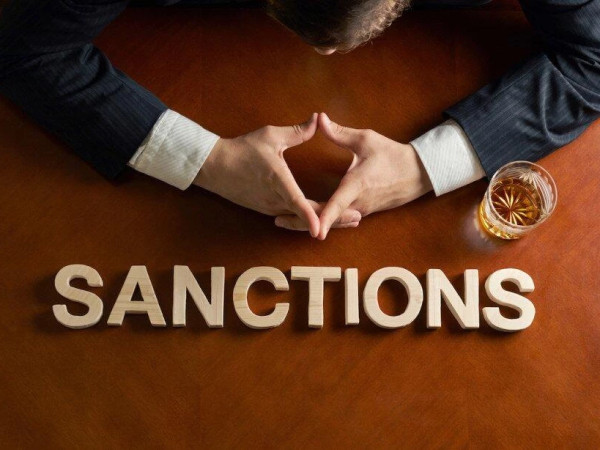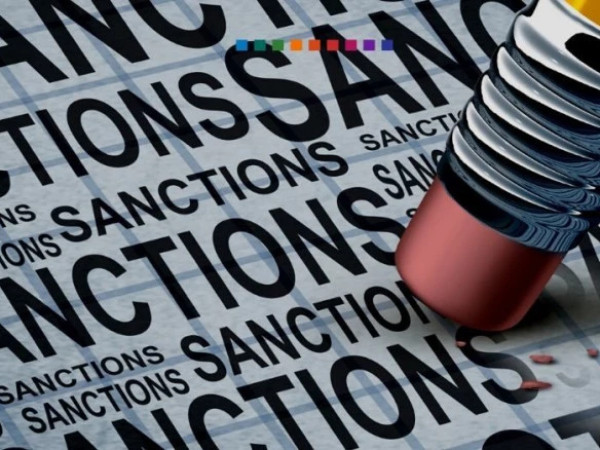The U.S. said it will “probably not” try to kick Russia out of the SWIFT financial messaging system should Moscow invade Ukraine.
Washington has threatened to levy “severe” sanctions on Moscow in the event it attacks Ukraine, promising a package of measures that could “devastate” the Russian economy, The Moscow Times reports.
“All options remain on the table. But it’s probably not going to be the case that you’ll see SWIFT in the initial rollout package,” Daleep Singh, White House deputy national security adviser for international economics, said in a briefing Friday.
“We have other severe measures we can take, that our allies and partners can take in lockstep with us, that don’t have the same spillover effects,” he added.
SWIFT is the world’s largest financial messaging system and seen as the backbone of cross-border payments and the global banking network. But as a Belgium-based institution, kicking Russia out of the network would require backing from the EU.
The comments suggest Washington believes it is unlikely it would secure approval from the 27-member bloc to eject Russia from the network as doing so could severely affect the significant financial and trade flows between Europe and Russia.
Singh stressed the decision to not try to block Russia’s access to the SWIFT network should not be interpreted as Washington backing down.
“The measures that we have prepared, the severity of those measures, the institutions we would impose them on and the immediacy of those sanctions are among the most severe financial sanctions that have ever been contemplated,” he told reporters.
“If Russia invades Ukraine, it would become a pariah to the international community," Singh told reporters. "It will become isolated from global financial markets and be deprived of the most sophisticated technological inputs.”
He predicted “intense capital outflows, mounting pressure on its currency, surging inflation, higher borrowing costs, economic contraction, and the erosion of its productive capacity.”
Washington also said it had been working with major energy suppliers to discuss options to “stabilize energy markets” should Russia seek to “weaponize” oil and gas supplies.
Russia accounts for around 40% of EU gas imports.















